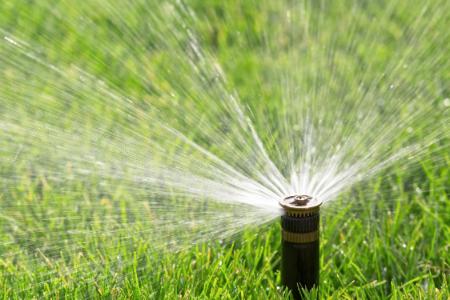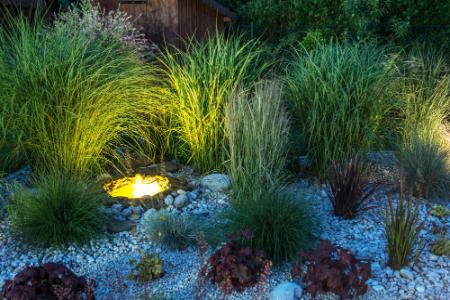Recent Tips and Articles by Peer Landscaping
Four Reasons to Care About Lawn Irrigation
Proper irrigation plays a pivotal role in pursuing a lush, green lawn. While it may seem like a mundane task, investing in landscaping services can yield a multitude of benefits. Irrigation is not just about keeping your grass green—it's about creating a thriving outdoor oasis that […]
Helpful Tips For Landscaping Your Yard
Transforming your yard into a beautiful and functional outdoor space can be rewarding. There are some helpful tips to guide you through landscaping design & installation. We guarantee that following this advice will help you achieve the best results. Call us at 239-645-6455 to see how […]
Illuminate Your Outdoor Space With Landscape Lighting
Attention to detail is paramount in all our landscaping services. While we often focus on the plants, hardscaping elements, and overall layout of outdoor spaces, one aspect can truly elevate the ambiance and functionality of your landscape: landscape lighting. At Peer Landscaping, we understand the transformative power […]
SCHEDULE ONLINE NOW WITH OUR LANDSCAPING SERVICES IN FORT MYERS!



